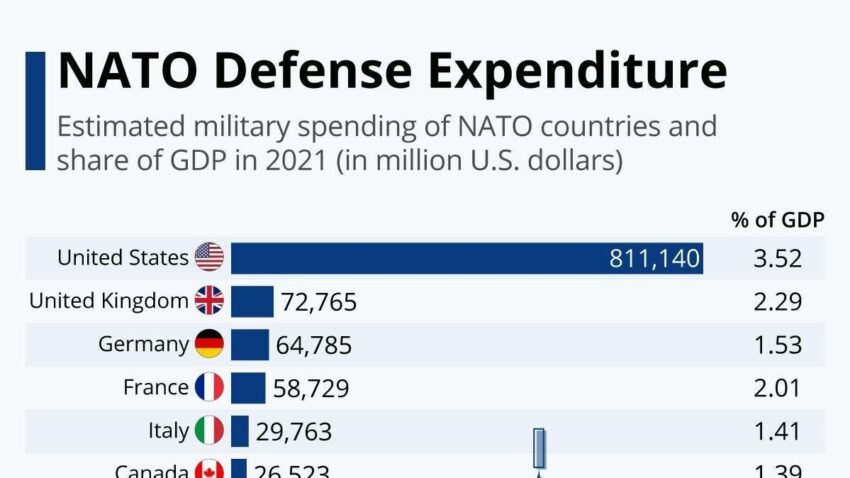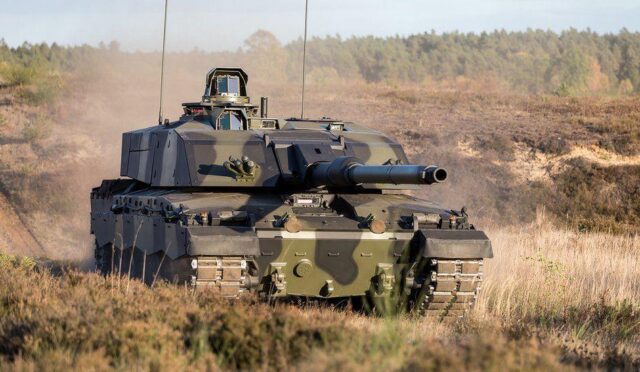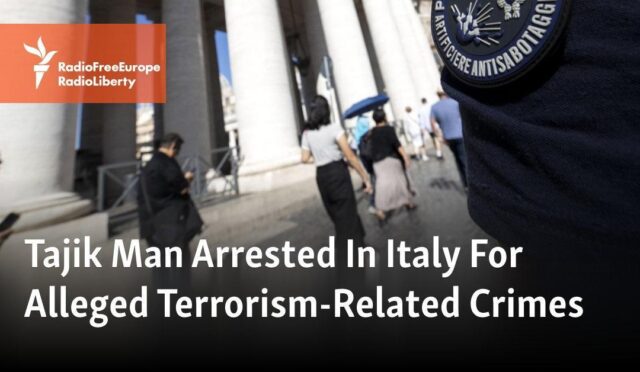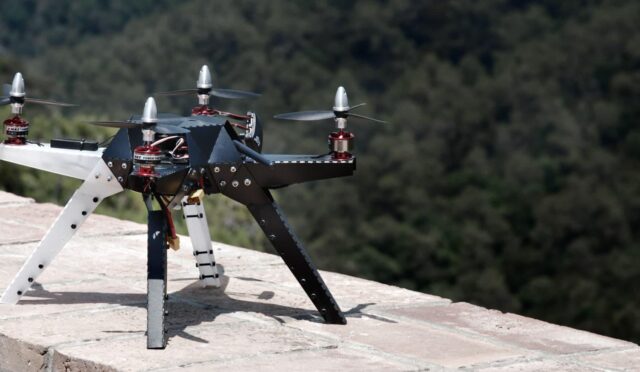NATO’s Commitment to Defense Spending
On Sunday, NATO officials confirmed a key agreement to elevate defense spending ahead of the upcoming summit scheduled for next week. Spanish Prime Minister Pedro Sanchez made it clear that Spain would not be aiming to meet the ambitious target of 5 percent of GDP, a figure strongly advocated by U.S. President Donald Trump. As NATO member states prepare for a two-day summit in The Hague starting on Tuesday, this distinction in Spain’s spending commitment has become a focal point.
Spain had previously resisted a compromise which necessitated member nations to aim for at least 3.5 percent dedication to critical military needs over the next decade. This includes a minimum of 1.5 percent directed towards a broader range of defense-related expenditures such as infrastructure improvements and cybersecurity initiatives.
Spain’s Unique Position in NATO
Numerous NATO diplomats have indicated that all 32 member countries approved the agreement, leaving no exception for Spain. However, just moments after the announcement, Sanchez revealed that he had negotiated terms with NATO that would allow Spain to maintain its commitment without reaching the controversial 5 percent GDP target.
This declaration came on the heels of Sanchez’s strong opposition expressed just days earlier. In a pointed letter to NATO Secretary General Mark Rutte, Sanchez labeled the commitment to a 5 percent GDP target as not only ‘unreasonable’ but also ‘counterproductive,’ provoking backlash from other NATO allies concerned about jeopardizing the carefully brokered agreement.
The Implications of Defense Spending Goals
The pledge to increase defense spending is seen as essential for appeasing President Trump, who has persistently criticized NATO allies for what he perceives as insufficient financial commitment. Additionally, the agreement seeks to empower NATO in fortifying its deterrent capabilities against Russia.
Following intense discussions, during which Sanchez and Rutte worked extensively to reach an accord, reports confirmed that Spain finalized its commitment on Sunday. The official wording in the summit’s declaration slightly shifted from ‘we commit’ to ‘allies commit,’ though officials maintain the fundamental agreements remain intact.
Spain’s Defense Spending Landscape
Historically, Spain has ranked among the lower defense spenders within NATO when gauged against its GDP. This year, however, the country is on track to meet NATO’s current obligation of 2 percent thanks to a significant increase of 10 billion euros, approximately $11.5 billion.
Prime Minister Sanchez now faces a dual challenge: aligning with NATO’s defense spending targets while also convincing his junior coalition partner, the far-left party Sumar, which openly opposes any increase in military expenditure.







